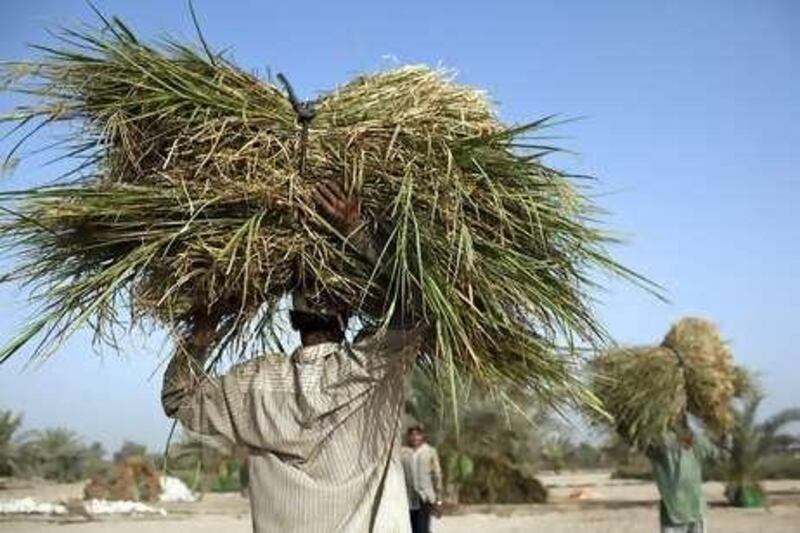SINGAPORE // The most pressing challenge for cities in the 21st century is finding new water resources. That is the view of hundreds of delegates who gathered at the World Cities summit. "We're living in a world where water, especially clean water, is rapidly becoming scarce," said Dr Han Seung-soo, the former prime minister of South Korea.
Majid al Mansouri, the secretary general of the Environment Agency-Abu Dhabi (EAD), said water conservation was the most important priority for the Abu Dhabi Government. The UAE is already one of the biggest consumers of water in the world, with per capita consumption in the capital alone at 550 litres a day. This has prompted significant investment in desalination and water treatment plants. Part of the emirate's plan is to ensure all water used for landscaping and agriculture would be fully recycled.
"Abu Dhabi is growing very rapidly. Water is a very serious issue for us and we've put a management programme in place," said Mr al Mansouri. "Our policy is that treated sewage water is a water resource. We aim to reduce the depletion of groundwater and focus more on the use of treated water." Singapore, which has a development model that is the envy of many cities, also aims to reduce domestic water consumption from 156 litres a day a person to 140 litres by 2030.
"As the population grows, we need to bring down water consumption on a daily basis," said Yacoub Ibrahim, Singapore's minister for the environment and water resources. Cities are also striving to create communities where people can live, work and play as they try to reduce the pressures on transport. The Middle East is among the pioneers in such developments, with mixed-use projects either built or under way in Dubai, Abu Dhabi, Qatar and Saudi Arabia.
agiuffrida@thenational.ae





